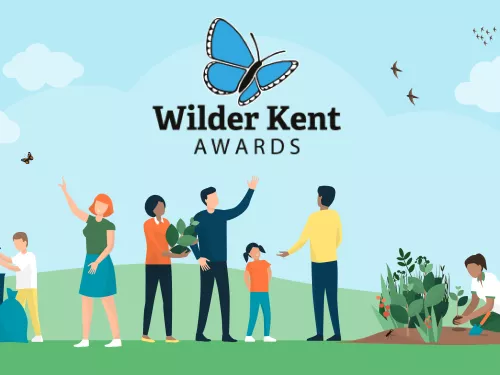
Sponsor the Wilder Kent Awards
Become a valued sponsor of the prestigious Wilder Kent Awards, an esteemed platform that recognizes and celebrates outstanding achievements for nature.
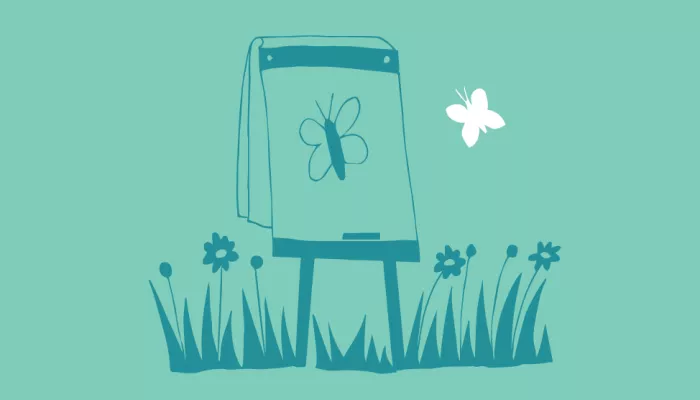
Attracting wildlife to your work will help improve their environment – and yours!
The Wildlife Trusts’ 30 Days Wild Campaign has, together with the University of Derby, proved that nature is good for your soul.
So, where best to instil some tranquility than in places of work up and down the UK? From hanging bird feeders to wilding a small garden, there are options to help local wildlife whatever the size of the area you have available. A wildlife garden at work presents countless opportunities to relieve stress and improve moods, to focus attention and improve moods, to focus attention and increase productivity and to bring people together, while encouraging a connection to nature.
Create a peaceful area for colleagues and wildlife … maybe work could help with the costs?
Making sure your office is recycling properly will help wildlife immensely and reduce your workplace’s impact on the environment:
Recycling helps wildlife by:
Help the people caring for wildlife near you by fundraising for your local Wildlife Trust. From having a day of wild fancy dress to running a wild bake sale, there are so many ways to get involved in protecting wildlife. Get creative and go wild!
Some ideas to get you started:
Up and down the country, local Wildlife Trusts are helping people and organisations to get nature in to the workplace and into people's daily lives. Get in touch with your local Wildlife Trust for advice or more information about how we can help you get a little more nature in your life.

Become a valued sponsor of the prestigious Wilder Kent Awards, an esteemed platform that recognizes and celebrates outstanding achievements for nature.
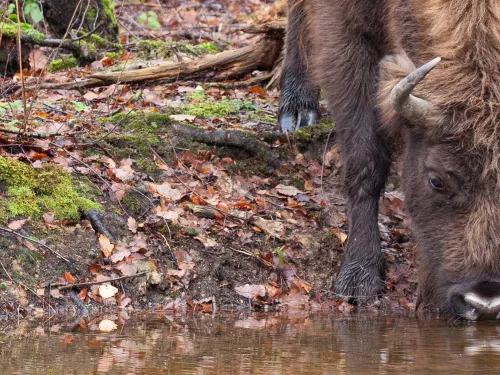
We need to raise vital funds to support the bison as they carry out their important work. Various packages are available for businesses to help us by becoming a Bison Benefactor.
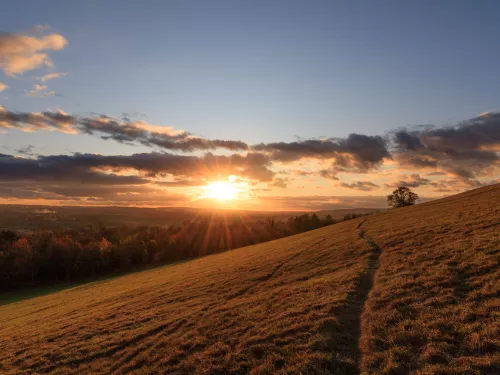
Partnering with Kent Wildlife Trust would mean aligning your business with a local charity that has a global impact. We are the 2023 winners of the Global Good Awards and Kent Charity of the Year. We are proud to have over 31,000 members & look after over…
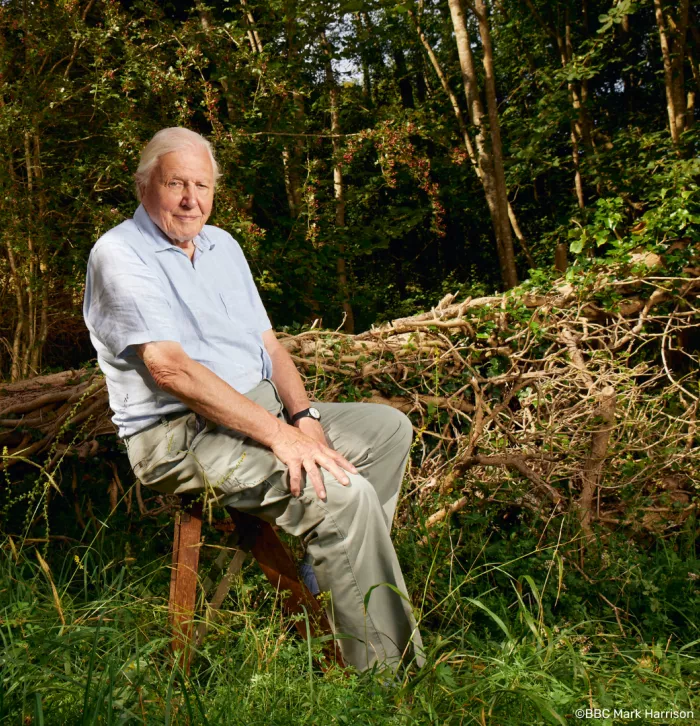
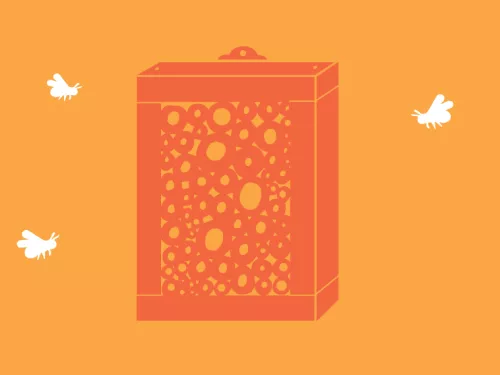
Solitary bees are important pollinators and a gardener’s friend. Help them by building a bee hotel for your home or garden and watch them buzz happily about their business.
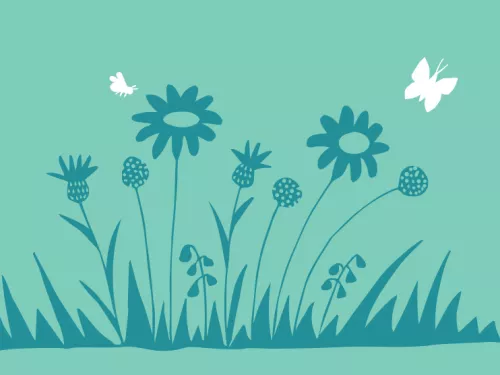
Whether it's a flowerpot, flowerbed, wild patch in your lawn, or entire meadow, planting wildflowers provides vital resources to support a wide range of insects that couldn't survive in urban areas otherwise. It is also a great way of avoiding tools such…

The best plants for bumblebees! Bees are important pollinating insects, but they are under threat. You can help them by planting bumblebee-friendly flowers.
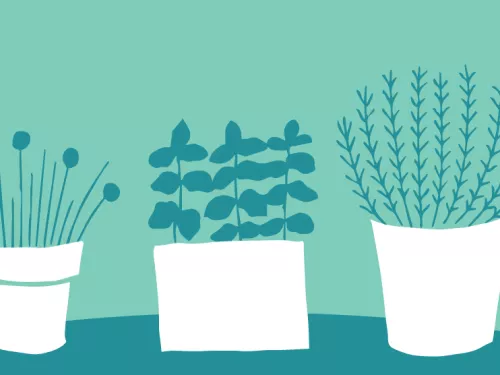
Planting herbs will attract important pollinators into your garden, which will, in turn, attract birds and small mammals looking for a meal.
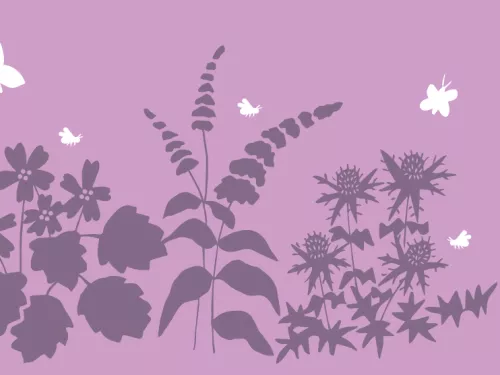
Set up a ‘nectar café’ by planting flowers for pollinating insects like bees and butterflies
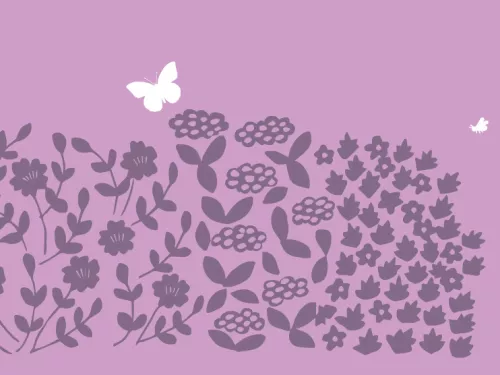
Hedges provide important shelter and protection for wildlife, particularly nesting birds and hibernating insects.